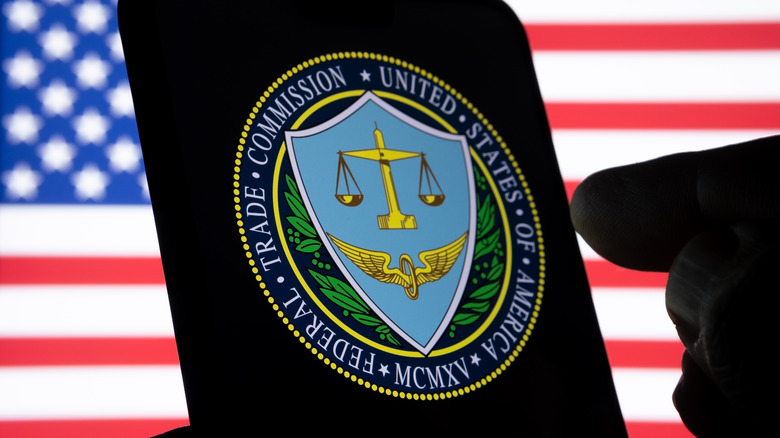FTC Opens Investigation Into ChatGPT Over Consumer Harm Concerns
Whether you like it or not, AI is increasingly becoming a part of our daily lives. For example, ChatGPT, one of the most powerful AIs available to the public, has many uses and is only improving. However, not everyone is on board with this new AI technology, at least in its current form. Employees have been urged not to use ChatGPT in the workplace as it could lead to cybersecurity issues and data leaks. Even Congress was cautioned against using the platform.
These concerns are now being taken seriously, as the FTC has opened an investigation into OpenAI, the research lab responsible for ChatGPT. The FTC is investigating whether the platform harms consumers in its handling of personal data and whether or not the company is taking the necessary steps to prevent the bot from giving false information.
So, what specifically is the FTC investigating, and what does this mean for the future of AI?
The FTC wants to ensure that your information is safe
The FTC sent OpenAI a 20-page notification that an investigation was underway and detailing its demands, as reported by The Washington Post. The document lists the Subject of Investigation as finding out if the company "engaged in unfair or deceptive privacy or data security practices" or "practices relating to risks of harm to consumers, including reputational harm."
The Washington Post reports that one of the incidents the FTC is investigating to determine if it violated consumer protection laws is the bug in OpenAI's system back in March that allowed some users to see each other's data. OpenAI previously stated that only 1.2% of ChatGPT Plus subscribers were affected by this bug. Even so, The Washington Post noted that if the FTC finds that OpenAI broke consumer laws, the agency could enact a consent decree to give them control over how the company handles its data. As The Wall Street Journal also points out, this document asks OpenAI to describe how it is combating the platform from generating "statements about real individuals that are false, misleading or disparaging."
OpenAI has yet to respond to the investigation publicly. However, some experts, such as policy coalition Chamber of Progress CEO Adam Kovacevich, remain skeptical if the FTC has jurisdiction in this area, via his statement to The Washington Post. Still, the outcome of this investigation could have a major impact on consumer AI in the future.

